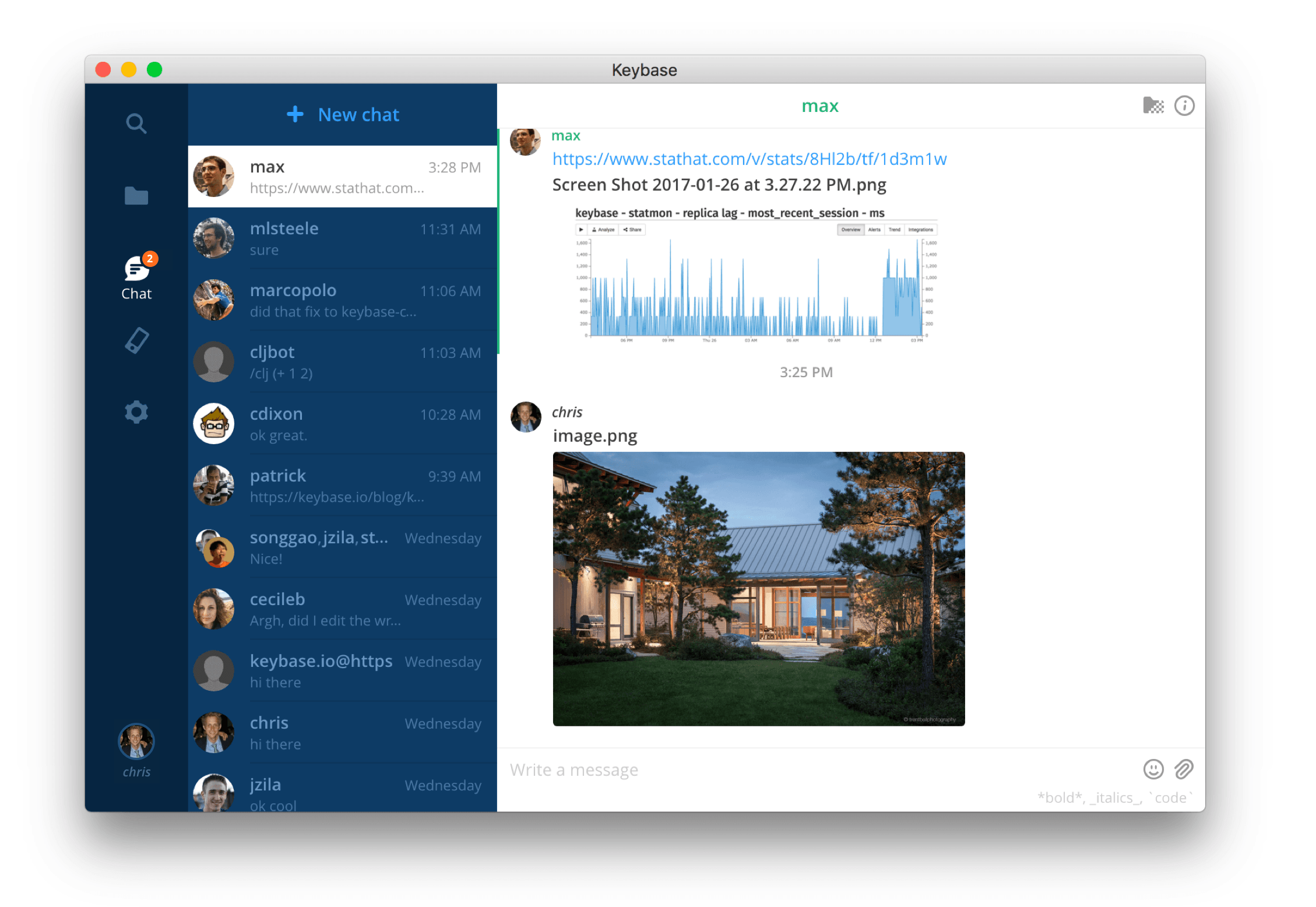Note: I’m trying to blog more, just get any useful thoughts or recommendations I have down in public, on paper, so to speak. While I have developed, contributed to and promote various formal digital security guides and curriculum, sometimes these can be overwhelming to people just looking for some quick advise.
Why do you need a safer browser than the Safari app your phone comes with? Well, it is true, that Safari is pretty good, and Apple’s track record on security and privacy is solid. That said, Safari is configured by default to work for the most general needs of all iPhone users, many of whom prioritize convenience over privacy and security. While you might not notice day to day, there are a lot of sneaky, suspicious spiders out there in the infrastructure of the net, looking to suck all the value of your data, information and communication, for a wide variety of reasons.
You may have some desire to have more security and privacy when browsing the web, because of work that you do, places you travel, or topics that you are searching for or researching. Perhaps you want to keep your personal browsing separate from other browsing. Some may be worried about browsing on insecure wifi networks when you are at a cafe, hotel or traveling abroad. Whatever your reason, it only takes a few minutes to try these browsers out, which could save hours and days of headaches down the road.
Here then, is my list of browsers to use on your iPhone or iPad, if you want more security and privacy controls than just what the built-in Safari browser offers.
- Brave Browser: Brave is an open-source browser for mobiles and desktop that increases security and privacy primarily through blocking all advertisements by default. They are open-source, block ads and tracking pixels, and default to using HTTPS on sites that support it. Their business model is focused on reintroducing safe, quality advertisements for content creators, which hopefully leads to both sustainability and a safer, faster web experience.
- Endless Browser: Endless is another open-source browser, with an amazing array of secure and private by default configurations. It blocks all kinds of bad network behavior like unexpected iframes, popups, and cookies and weak SSL/TLS encryption ciphers. It also includes HTTPS Everywhere, so like Brave and Tor Browser on the desktop, it defaults to secure HTTPS connections if the site supports it. Endless was made by an independent developer who has been working hard to keep it up to date, and doing a great job of it.
- Onion Browser: This is the best option for browsing through the Tor network on iOS, that gives you maximum privacy of your IP address, increased defense against network surveillance and intrusions, and solid secure default settings. While it has a simple user interface, the guts of it are built on great code, audited components, and incorporates the latest Tor engine and Pluggable Transport support (to get through the most unfriendly firewalls!). Onion Browser v2 is coming soon, based on Endless Browser, which will really bring two of the best open-source iOS browser projects together.
- Chrome Browser: While Apple limits the ability for Google to port the entire Chrome browser stack to iOS, you still get a bump in security by trusting Google with your web browsing needs. This includes “Safe Browsing” malware protection and stronger HTTPS security through certificate pinning, If you aren’t a Google fan, and care more about privacy than security, then this might not be your best choice, since more of your browsing history data will likely end up in their algorithm.
All of these browsers can be paired with an iOS system wide ad blocker and VPN. I will cover my recommendations for those in another post.
If you feel I have missed a browser, configuration or other complementary option, please let me know!
At Keybase we collectively use and love WhatsApp, Signal, Slack, and iMessage, to name a few. However, in all those apps: recipients are looked up by phone number or email.That works ok with friends and coworkers.But it sucks with people you know on the Internet. First off, they have to give you their phone number in a preliminary back and forth. That takes time and prevents you from sending your message until you hear back.Then, to make sure you’re really secure, you’re supposed to compare special codes by meeting in person. That’s impossible in most cases.Keybase is different. For example, in Keybase chat, I can simply use my Hacker News name, malgorithms, as my secure address; no phone number or email needed. My Twitter username would work, too. Or even my Reddit username.

